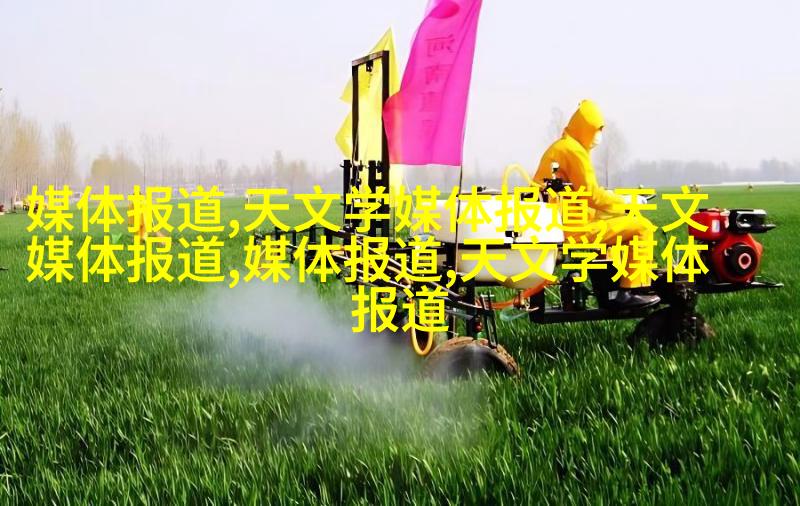工业废气处理器高效污染物净化系统
工业废气处理器能否真正有效?

工业废气处理器作为现代工业生产过程中不可或缺的环保设施,它们能够有效地捕捉和清除排放到大气中的有害物质,减少对环境的污染。但是,随着工业规模的不断扩大,以及技术进步的加速,人们开始关注更高效、更环保的工业废气处理技术。
工业废气处理器在哪里被广泛应用?

工业废气处理器可以在石油化工、电力发电、钢铁制造、有色金属冶炼等多个行业中得到广泛应用。这些行业由于其生产过程产生大量烟尘、硫氧化物、二氧化硫等有害物质,而工业废气处理器正好提供了解决这一问题的手段。它们通过吸引和收集工厂排放的烟尘和其他污染物,然后使用各种净化技术将其转换为无害或低毒性的形式,最终释放到空氣中。
工业废气处理器如何工作?

一个典型的工业废气处理系统通常包括以下几个关键组成部分:预热区(也称为预脱附区)、催化剂脱附区、高温焚烧区以及后续的一系列设备,如滤网、湿式洗涤塔等。在预热区,大量灰尘会被过滤掉;催化剂脱附区则负责去除氮氧化物;而高温焚烧区域则主要用于燃烧那些难以通过上述方法去除的大量固体颗粒。这一系列复杂而精细的手段共同作用,使得最终排放出的空氣质量达到国家规定标准。
工业废gas怎么影响环境?

如果没有适当的控制措施,Industrial waste gases can have a significant impact on the environment. The most common pollutants in industrial waste gases include particulate matter, sulfur dioxide, nitrogen oxides and volatile organic compounds (VOCs). These substances can contribute to acid rain, smog formation and photochemical reactions that damage vegetation and human health. Furthermore, some of these pollutants are known carcinogens or mutagens.
如何提高Industrial waste gas treatment efficiency?

To improve the efficiency of industrial waste gas treatment systems, several strategies are being explored. One approach is to develop more efficient catalysts for removing pollutants from the gas stream. Another strategy is to optimize the design of existing systems by incorporating new technologies such as membrane separation or electrostatic precipitation. Additionally, researchers are investigating ways to reduce energy consumption in these processes through better insulation or heat recovery techniques.
Industrial Waste Gas Treatment Costs
The cost of treating industrial waste gases can be substantial. However, it's important to note that investing in effective pollution control measures not only improves environmental quality but also helps companies avoid costly penalties associated with non-compliance with environmental regulations. As technology continues to advance and economies of scale increase through larger-scale production facilities, the costs associated with treating industrial waste gases will decrease over time.
In conclusion, while there may still be challenges related to designing optimal solutions for every specific application involving Industrial Waste Gas Treatment Systems (IGTS), it's clear that progress has been made towards reducing their impact on our planet's ecosystems and ensuring a cleaner future for generations ahead